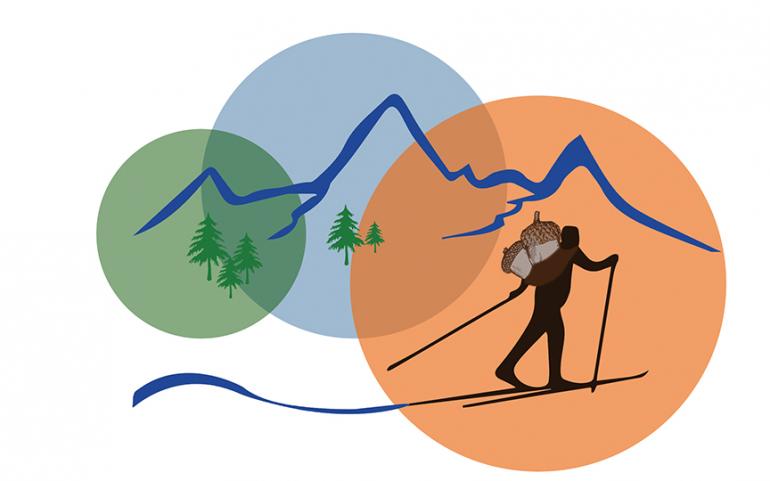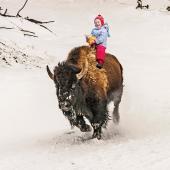Winter Weight
Stay in tune with nature and enjoy the winter months.
Feeling a little frumpy since the warm days of summer? Despite your best efforts, has the weight accumulated like snow on tree branches? Depending on how frumpy we are talking, it may be a normal physiologic response to winter. No matter how advanced our technology becomes, like all mammals, our physiology is still tied to nature and its rhythms. Gaining several pounds going into winter is a natural phenomenon.
Food is plentiful in autumn, but it will not last. Other mammals stockpile what food they can from the fall bounty and gorge themselves on the rest to store that energy on their bodies. Those fat reserves will sustain them through the barren days of winter until the rebirth of spring emerges from the frozen ground. That added fat will also help insulate them throughout the long cold winter.
Canning, jarring, and freezing the produce from our gardens and meat from our hunts is not just about saving money–it is a natural behavior ingrained in us to help us survive, as is eating a little more as the weather gets colder. As mammals, we are preparing for winter. Although we have grocery stores and Patagonia down coats, our physiology is compelled to add a natural adipose coat as well.
After training and working out all summer, this can really be a pain in our slightly larger ass. We fight it and feel extremely frustrated every winter when we gain a few pounds. Gaining five pounds while continuing to eat healthy and exercise is part of the natural order. It is healthy—we don’t need to fight it or feel bad about it.
But acknowledging the survival behavior and instinct is not a license to binge on junk food and become sloths. A large population of people, pun intended, tend to gain too much weight in winter due to overeating holiday sweets and inactivity. Many mammals move less in the winter to conserve energy, but they don’t have their food shipped in from Mexico nor do they consume nutrient-deficient calories for pleasure. Gaining excessive weight will be harder to lose and increases the risk of heart disease, diabetes, and cancer.
Dr. Lou Walters is a naturopathic physician at The Source Wellness Center in Bozeman.













